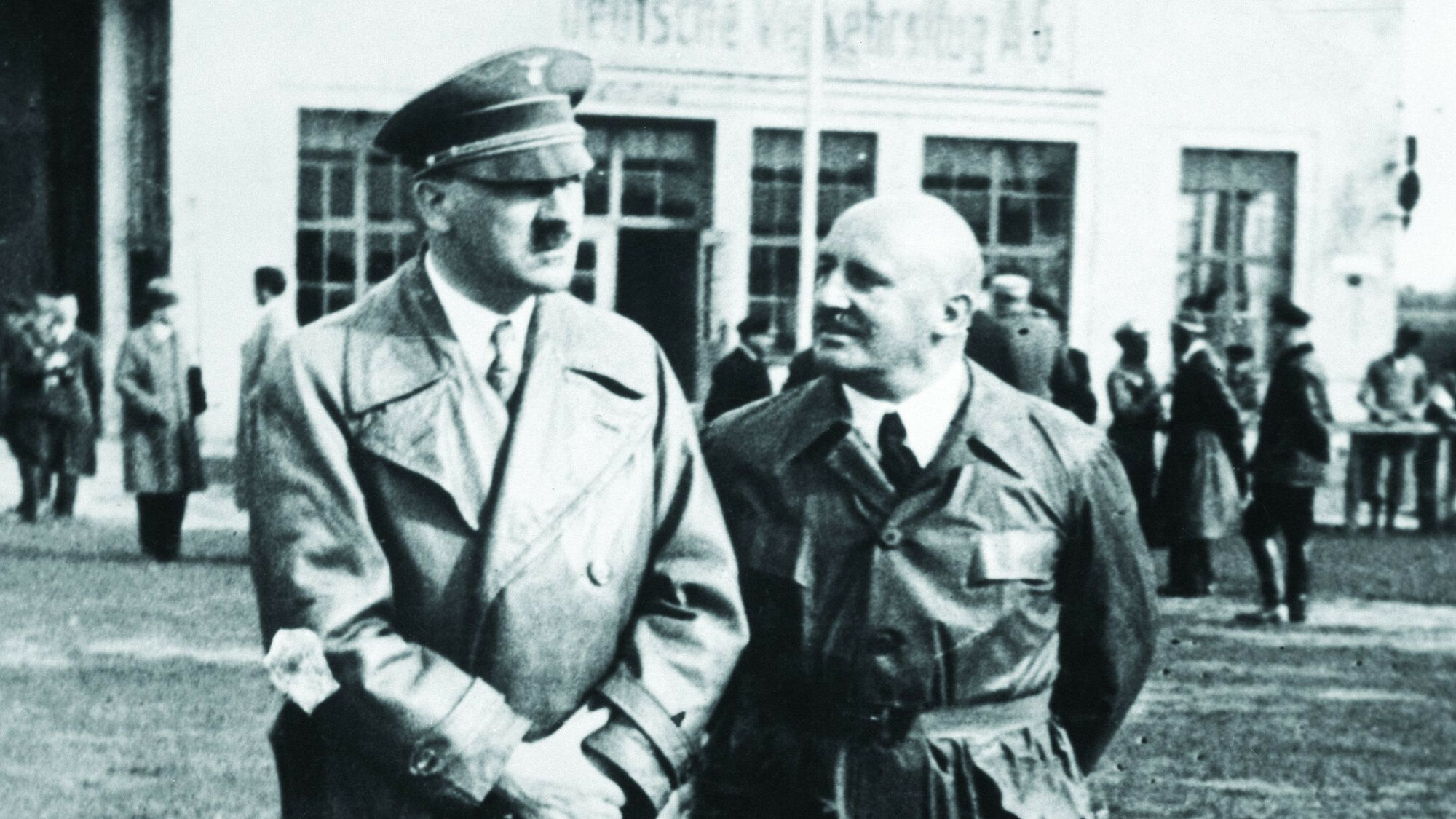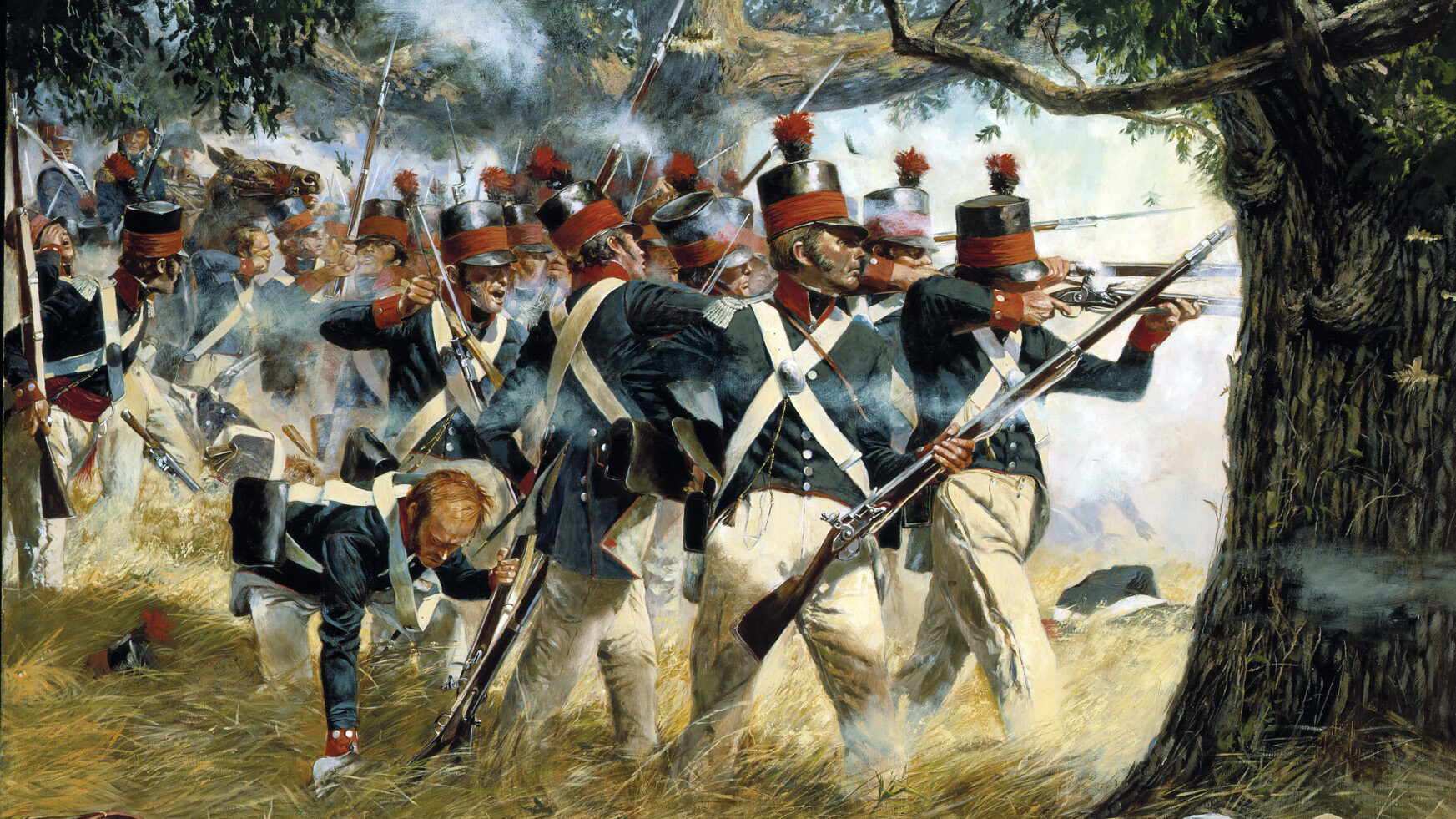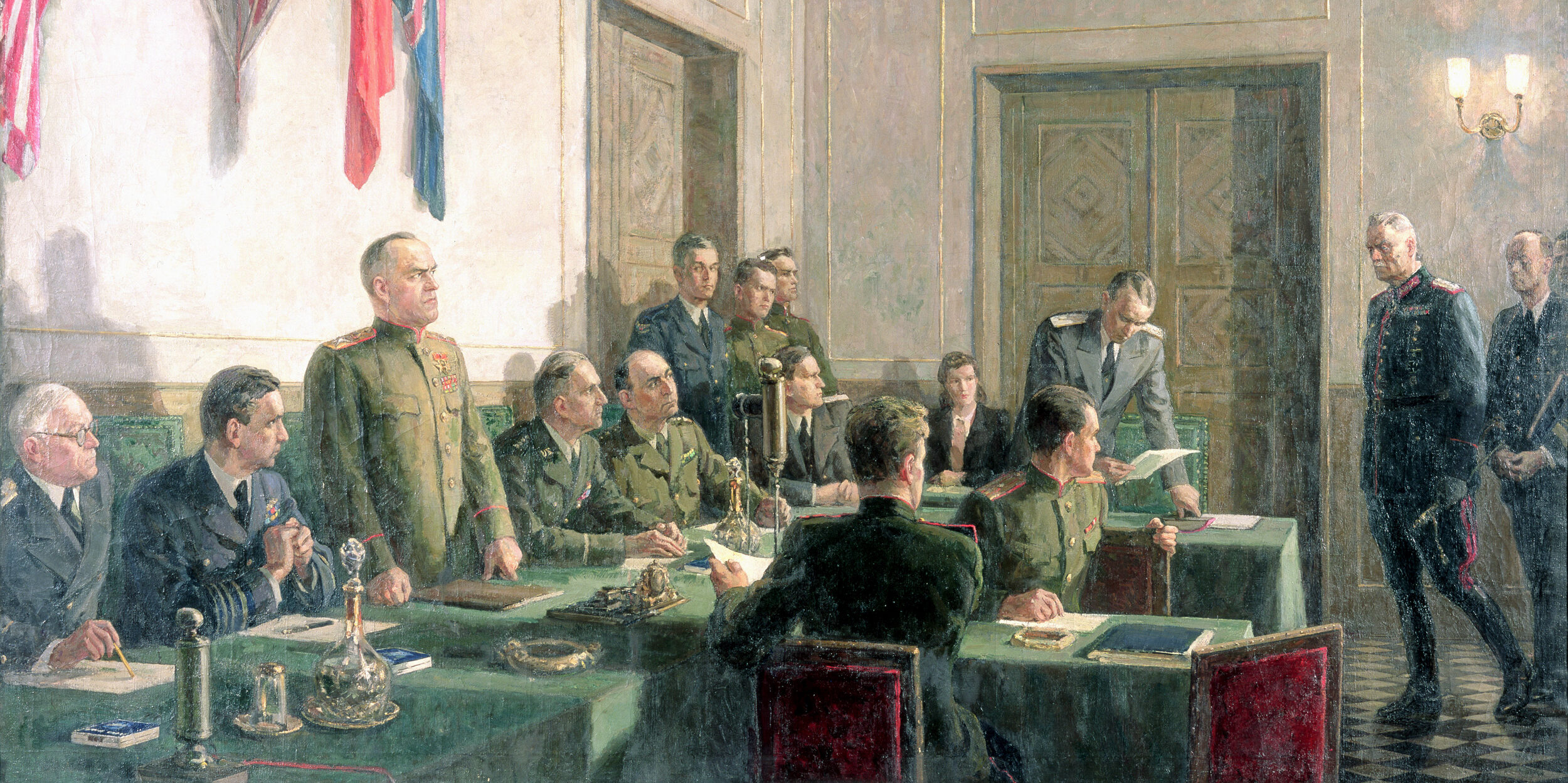By Christopher Miskimon
 From the time he served in the German Army during world War I through to the early years of World War II, Adolf Hitler seemed to lead a charmed life. In his early years he survived the war, his nation’s postwar economic doldrums and his part in the Nazis initial coup attempt. After coming to power, he survived a number of assassination attempts and sex scandals and capitalized on events to increase his power over the German people. As he kept pushing, first in the Rhineland and later in Czechoslovakia, his luck held. When the war started in 1939, the initial victories over Poland, France, the Low Countries, Denmark, and Norway were often attributed to his military and political skill. However, as the war continued, his luck ran out. He spread his forces too thinly, invading the vast Soviet Union and declaring war on the United States.
From the time he served in the German Army during world War I through to the early years of World War II, Adolf Hitler seemed to lead a charmed life. In his early years he survived the war, his nation’s postwar economic doldrums and his part in the Nazis initial coup attempt. After coming to power, he survived a number of assassination attempts and sex scandals and capitalized on events to increase his power over the German people. As he kept pushing, first in the Rhineland and later in Czechoslovakia, his luck held. When the war started in 1939, the initial victories over Poland, France, the Low Countries, Denmark, and Norway were often attributed to his military and political skill. However, as the war continued, his luck ran out. He spread his forces too thinly, invading the vast Soviet Union and declaring war on the United States.
The author of this new book argues Hitler rose to rule Germany largely through his luck, the unwillingness of his opponents to decisively engage with him, and his ability to capitalize on opportunities. As the war widened and dragged on, however, his incompetence as a strategic thinker and military leader became obvious. The book raises a number of interesting points and its assertions are well made. It pokes holes in the mythology surrounding Hitler, showing him to be a twisted and hateful yet ultimately very human and flawed person.
Lucky Hitler’s Big Mistakes (Paul Ballard-Whyte, Pen and Sword Books, South Yorkshire UK, 2022, 310 pp., maps, photographs, glossary, bibliography, index, $34.95, hardcover)









Join The Conversation
Comments
View All Comments